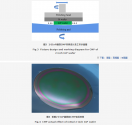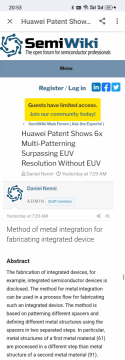VeriSilicon's low-power Bluetooth overall IP solution has passed LE Audio's full functional certification
VeriSilicon today announced that its low-power Bluetooth overall IP solution has fully supported LE Audio released by the Bluetooth SIG. specifications, including certification for the LE Audio protocol stack and LC3 codec. This solution is suitable for mobile phones, Bluetooth headsets including true wireless stereo (TWS) headsets, speakers, and a wide range of other audio application scenarios. Certification details can be obtained by searching for the solution’s qualified design ID number (206187) on the official website of the Bluetooth SIG.
LE Audio is a new generation of Bluetooth audio technology standard launched by the Bluetooth Technology Alliance based on Bluetooth 5.2 and above specifications, aiming to provide a higher quality audio experience. VeriSilicon's low-power Bluetooth overall IP solution includes radio frequency IP, baseband IP and software protocol stack, and has passed Bluetooth 5.3 certification. This solution is based on Bluetooth low energy technology (BLE), has lower power consumption, and uses synchronous channel (Isochronous Channels) transmission technology to achieve smaller audio transmission delay and better signal quality. In addition, the solution also supports LE Audio’s innovative Bluetooth features such as Auracast™ broadcast audio and Multi-Stream Audio.
VeriSilicon's low-power Bluetooth overall IP solution integrates VeriSilicon's independently developed LC3 codec, which enables real-time, low-power and low-distortion audio processing, and supports 16-bit, 32-bit fixed-point processing and 32-bit floating point. Processing and other calculation precision, as well as all LE Audio audio specifications and configurations to meet the needs of different application scenarios. The LC3 codec is deeply optimized for VeriSilicon's ZSP digital signal processor (DSP), as well as mainstream processors such as Arm Cortex-M and RISC-V. It occupies minimal memory and CPU resources and can be easily transplanted to other MCU and DSP. It can be licensed separately, providing customers with flexible integration options; after integrating with VeriSilicon BLE controller and protocol stack, it can also provide customers with complete LE Audio software and hardware solutions, greatly simplifying the development of high-performance audio products. process.



